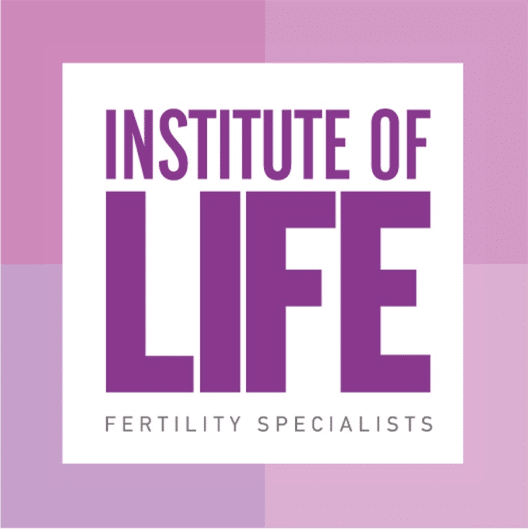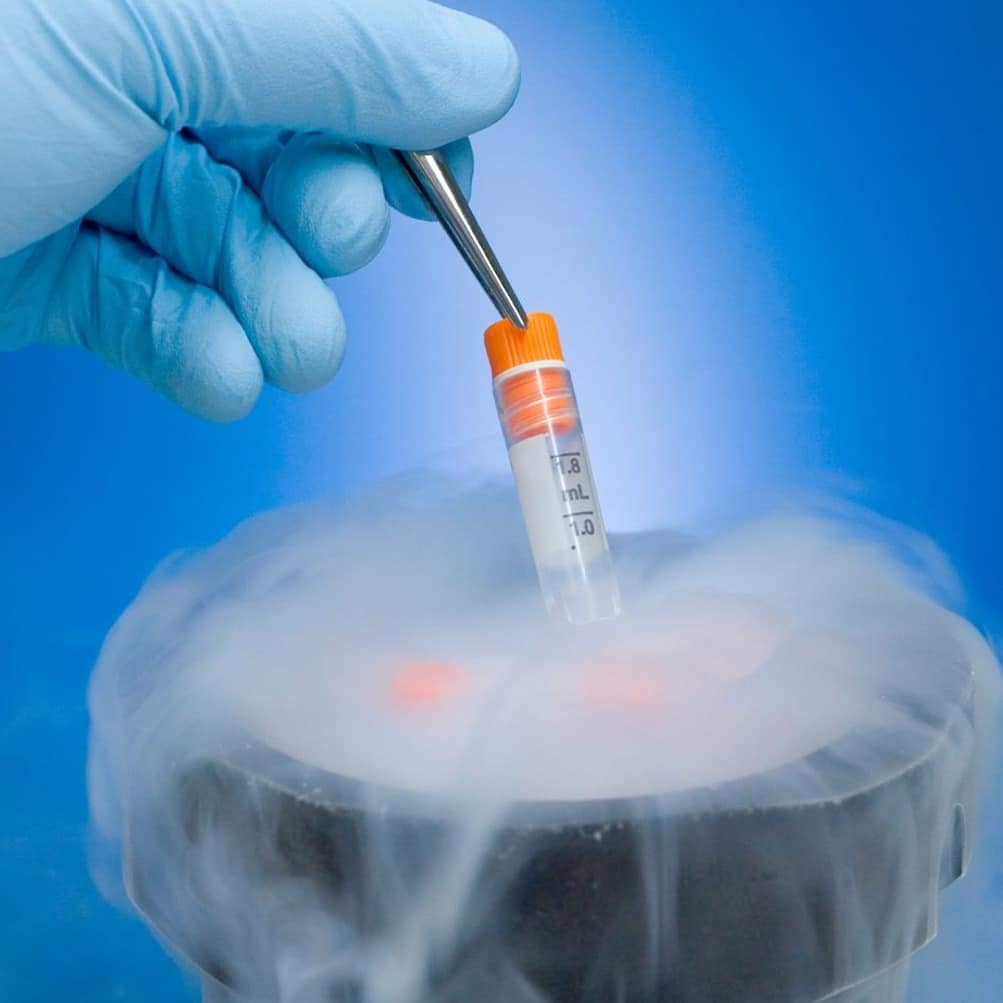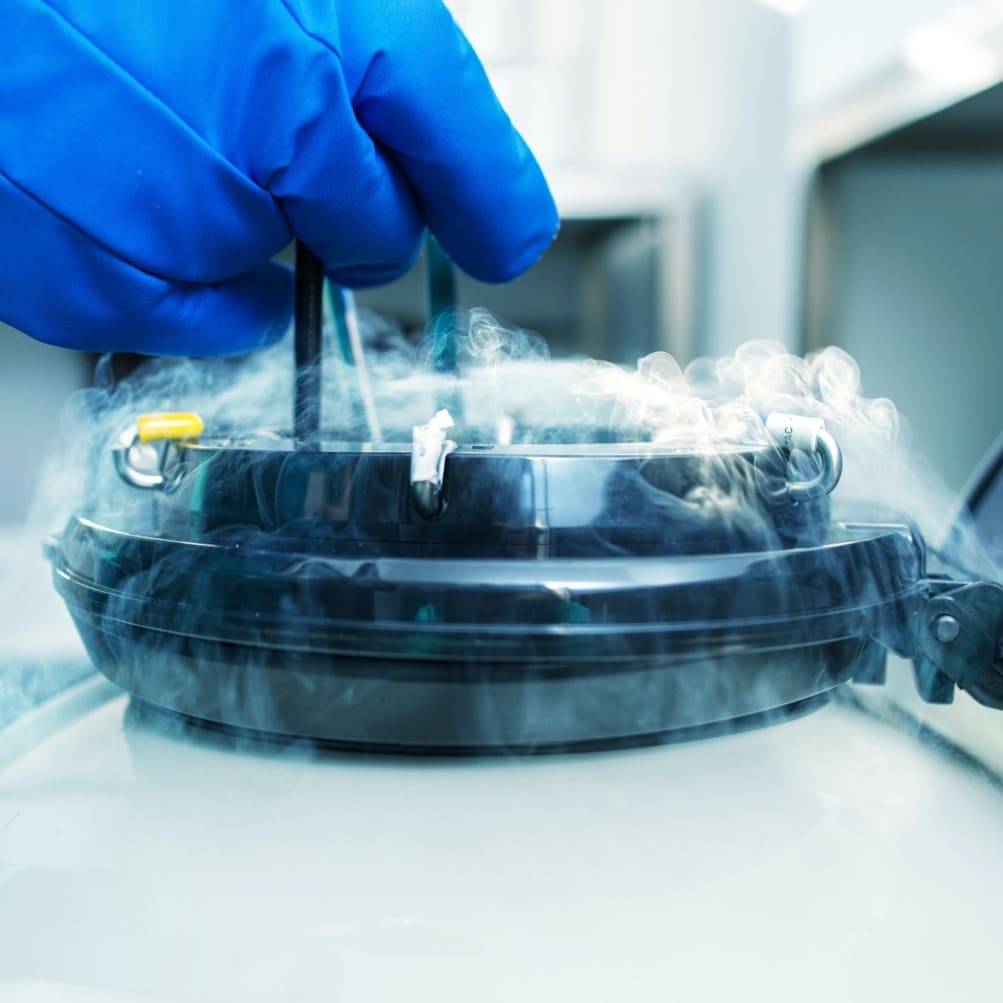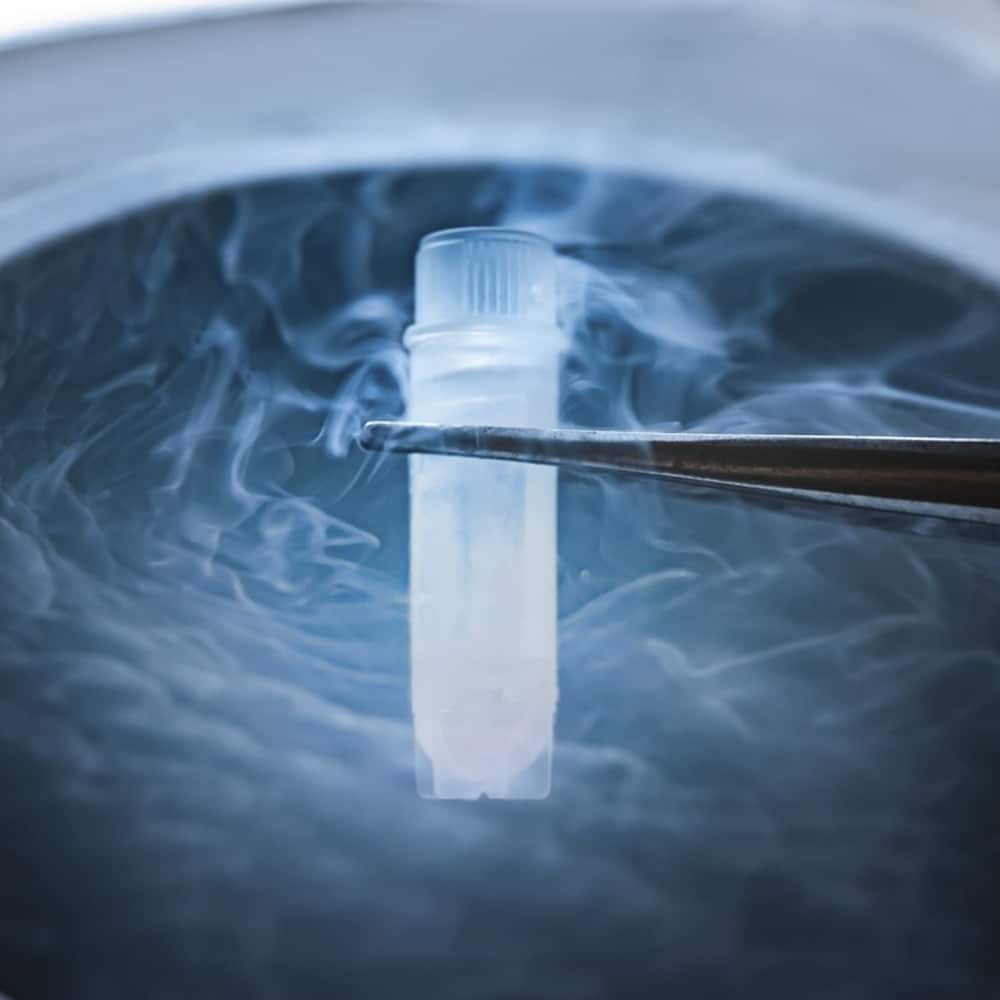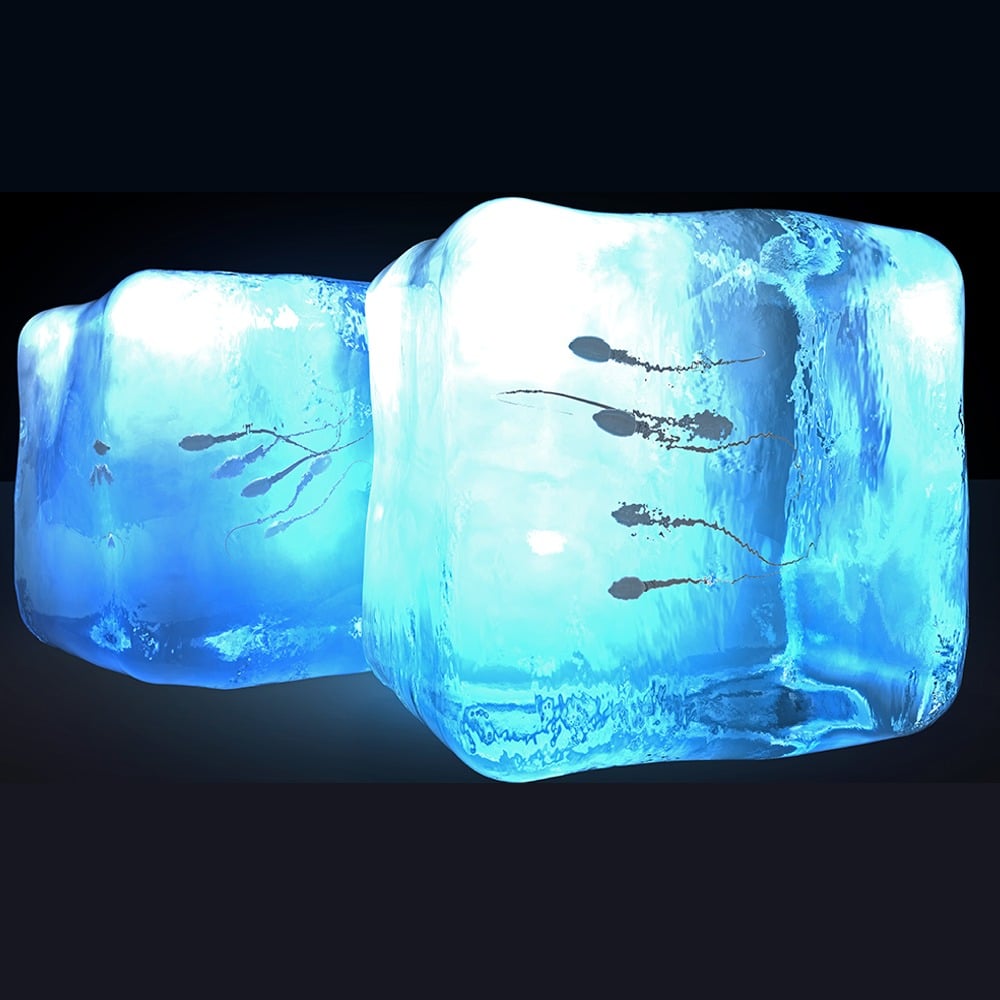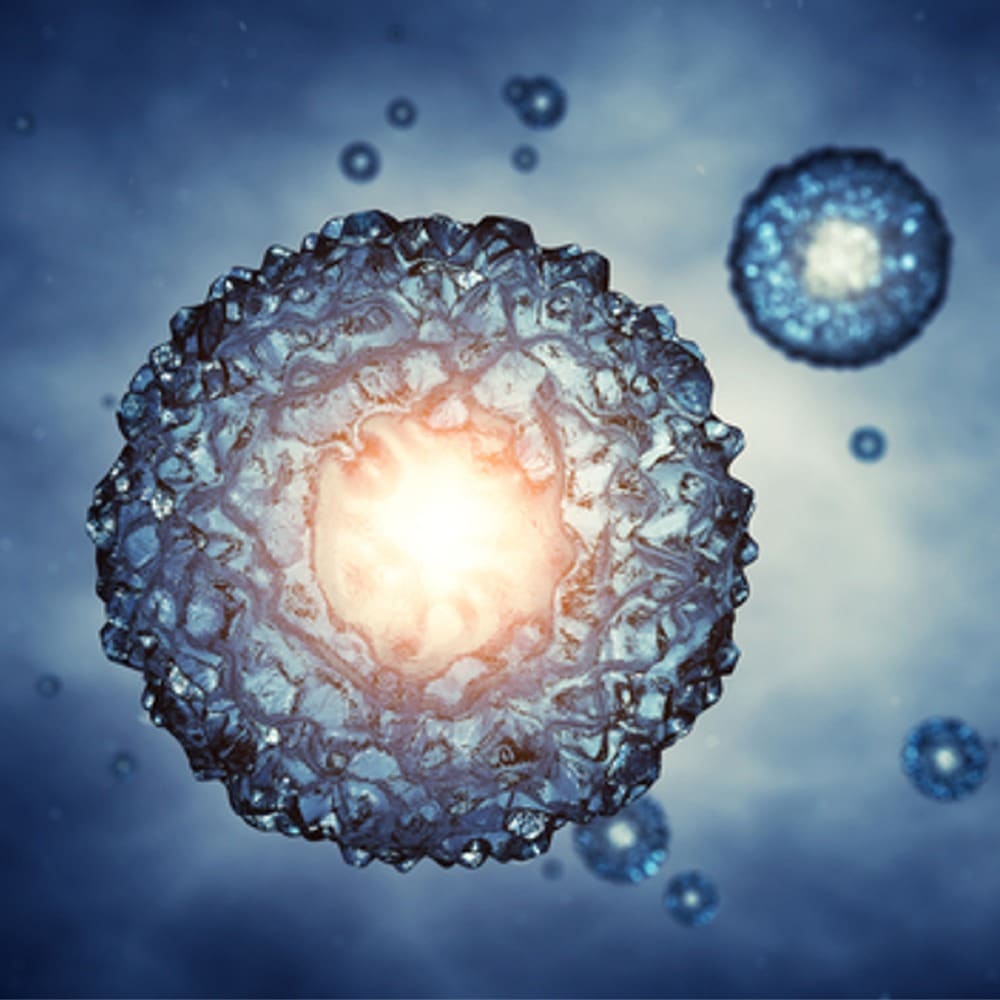Egg freezing
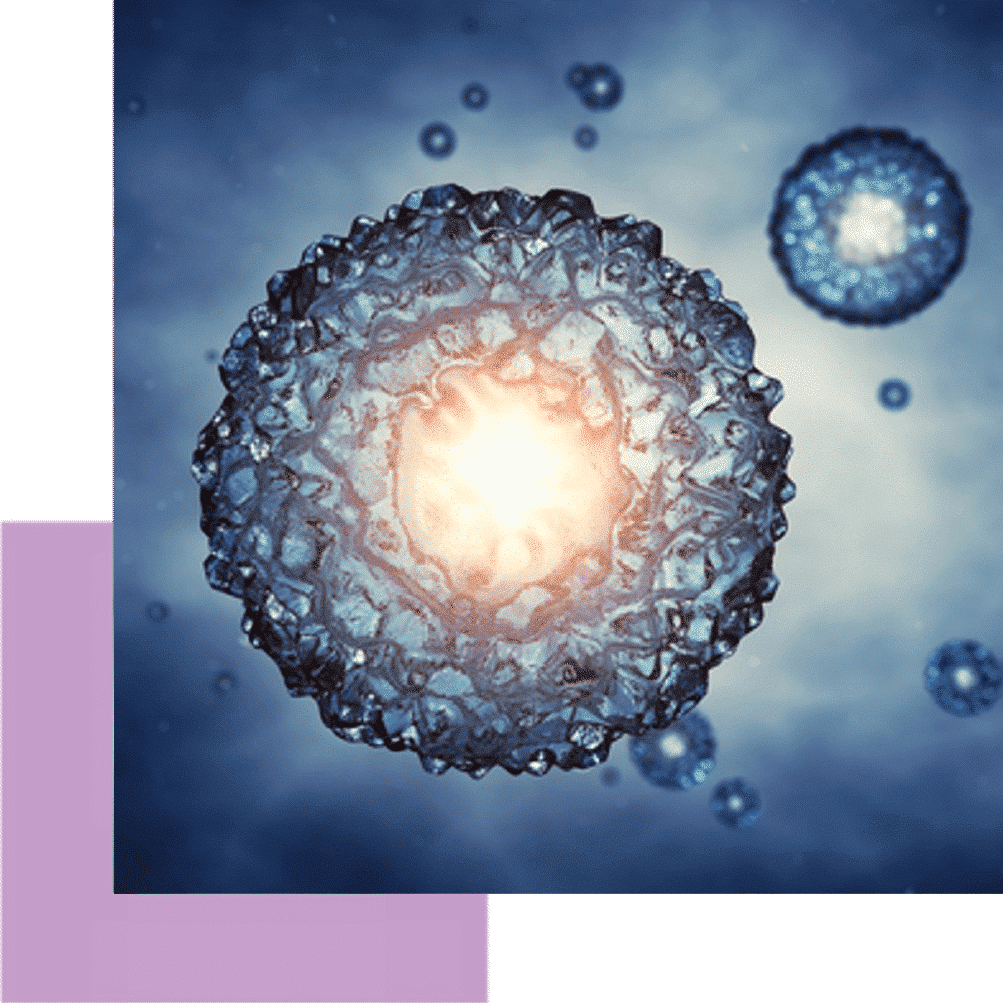
Egg freezing, or human oocyte cryopreservation, is not a need but a choice.
Motherhood is a conscious choice and an inalienable right of every woman. However, fertility does have its time limits. So cryopreservation can provide the solution.
What exactly is egg freezing?
It is an innovative service provided by the Institute of Life that gives women the chance to freeze time, preventing the further aging of their eggs, and allows them to choose when they want to become mothers. The number and quantity of eggs start diminishing after 35 years, and so does the chance of pregnancy. Egg freezing offers a solution to this problem.
Is the procedure difficult or painful?
Not at all. The steps of the process are fairly simple. The whole process is concluded in 10-14 days. During this time, proper pharmaceutical treatment is administered for many eggs to mature. Alternatively, egg retrieval may be scheduled without drugs, as part of the natural cycle, or with mild pharmaceutical stimulation. Maturation is monitored via ultrasound and blood tests, while the egg retrieval process lasts a few minutes. After a few hours of monitoring, the woman may return to her daily activities.
What happens when the woman decides to have a baby?
The eggs are kept in cryopreservation in the lab using a method known as vitrification. They can remain frozen for many years, without their quality being affected. When a woman decides to have children, the eggs are thawed and prepared for fertilization in the lab, using the man’s sperm.
How effective is this method?
Many studies conducted after the establishment of egg vitrification, as well as the experience of the Institute of Life after implementing the method, demonstrate that the quality of the cryopreserved eggs, the chance of fertilization and the pregnancy rates are similar to those for fresh eggs.
Is the method safe?
The American Society for Reproductive Medicine (ASRM) believes that the egg vitrification method is suitable for daily applications, while research on children born through this method has demonstrated that it is absolutely safe.
Up until what age can women freeze their eggs?
Although limits have not been set internationally, given that both the number and quantity of eggs diminish after the age of 35, experts advise that egg cryopreservation is most effective the earlier it is performed.
How long can I freeze my eggs for?
In accordance with the Greek legislation, oocyte cryopreservation (egg freezing) is permitted for 5 years. The duration of oocyte cryopreservation may be extended for 5 years each time (provided that the woman has not reached the age of 50) following an application in writing by the interested parties, with a maximum extension limit of 20 years.
As a technique, is it accepted by society?
Absolutely. As demonstrated by the funding into cryopreservation by companies such as Apple and Facebook for their employees, delaying having children until later is a social reality. Science is responding to the challenges, meeting the needs of young women, who are now free to choose the right time, depending on their personal and social situation. At the same time, this is seen as progress for women and society. Egg freezing, or human oocyte cryopreservation, is not a need but a choice. A choice supported by our scientific team, who have the advanced technical know-how to implement it. This choice is now available to you.
Relative Topics
-
Information form for the use of the CHLOE OQ assessment tool
Information form for the use of the CHLOE OQ artificial intelligence-based oocyte assessment tool Institute of Life-IASO and CHLOE...
-
Testicular Tissue Cryopreservation
Testicular Tissue Cryopreservation The testicular tissue is treated in an andrology lab, so that sperm suitable for fertilization or...
-
Embryo Cryopreservation
Embryo Cryopreservation Surplus embryos that were not used in an embryo transfer are preserved using the cryopreservation method. The...
-
Ovarian Tissue Cryopreservation
Ovarian Tissue Cryopreservation Ovarian tissue cryopreservation is a method used to preserve fertility, whereby the outer layer of the...
-
Sperm Cryopreservation
Sperm Cryopreservation Sperm freezing or cryopreservation is a process whereby the sperm cells are preserved for future use. Sperm...
-
Egg freezing
Egg freezing Egg freezing, or human oocyte cryopreservation, is not a need but a choice. Motherhood is a conscious...

